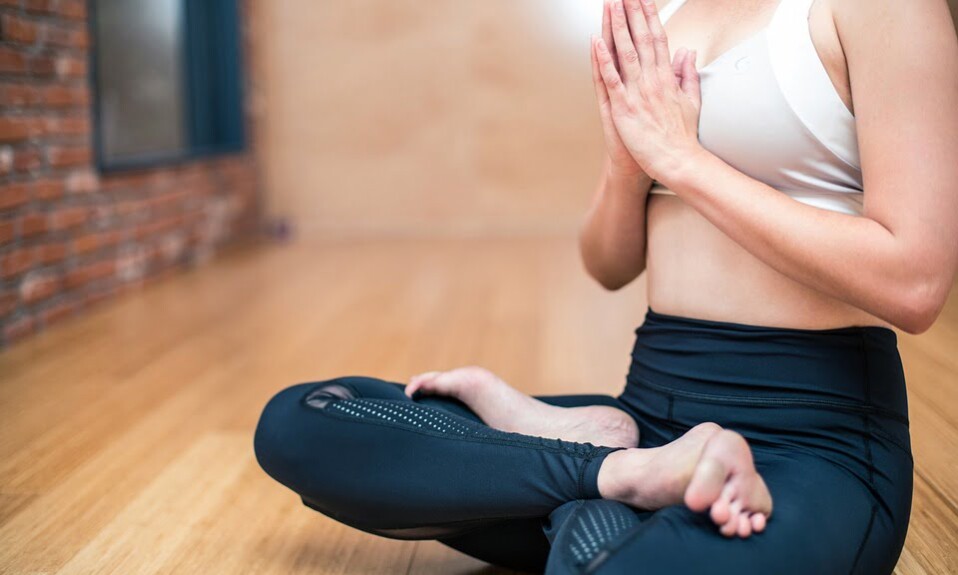[ad_1]
Welcome to our in-depth guide on navigating the legal requirements for opening a yoga studio. In this article, we will discuss the specific licenses and permits you need to operate a yoga studio, as well as the legal considerations to keep in mind. Whether you’re a yoga instructor looking to open your own studio or a business owner interested in the yoga industry, this article will provide you with the necessary information to get started.
What type of business license do you need for a yoga studio?
When opening a yoga studio, you will need to obtain a business license from your local government. The specific type of business license required will depend on the location of your studio and the regulations set forth by the local authorities. This license is necessary to operate any type of business within a specific city or county, and failure to obtain a business license can result in fines or even the closure of your studio.
It’s important to research the specific requirements for obtaining a business license in your area, as the process and fees can vary widely. In some cases, you may also need to obtain additional permits, such as a health permit or a zoning permit, depending on the activities and services offered at your yoga studio.
What are the legal considerations for operating a yoga studio?
When operating a yoga studio, there are several legal considerations to keep in mind. One of the most important factors to consider is liability and insurance. As a yoga studio owner, you will need to protect yourself from potential lawsuits or claims of injury that may occur on your premises. This can be done by obtaining general liability insurance, which will provide coverage for accidents, injuries, and other unforeseen circumstances.
Additionally, you will need to have your clients sign liability waivers before participating in any yoga classes or activities. These waivers will release your studio from responsibility in the event of an injury or accident. It’s important to consult with a legal professional to ensure that your liability waivers are comprehensive and provide the necessary protection for your studio.
Do you need a special permit for offering yoga classes?
In some areas, offering yoga classes may require a special permit or certification. This is particularly true if you plan to offer specialized classes, such as hot yoga or aerial yoga, which may have additional safety considerations. Additionally, some localities may have specific regulations for fitness or health-related businesses, which may require you to obtain a special permit or certification to operate as a yoga studio.
Before offering any type of yoga classes, it’s important to research the specific regulations and requirements in your area. This may include obtaining certifications for your instructors, submitting detailed class schedules and descriptions, or obtaining a special permit for certain types of classes. Failing to comply with these regulations can result in fines or the closure of your studio.
What are the zoning requirements for a yoga studio?
Zoning requirements for a yoga studio will depend on the specific location of your studio and the local zoning regulations. In some cases, yoga studios may be considered as a commercial business, which may require specific zoning permits. It’s important to research the specific zoning requirements for your area to ensure that your yoga studio complies with all local regulations.
In addition to zoning regulations, you will also need to consider the location of your studio in relation to residential or other commercial properties. Some areas may have specific restrictions on the types of businesses that can operate in certain locations, so it’s important to ensure that your studio is located in a permissible area. Consulting with a real estate professional or zoning expert can help you navigate the specific requirements for your yoga studio.
Conclusion
Opening a yoga studio requires careful consideration of the legal requirements and regulations. From obtaining the necessary business licenses and permits to addressing liability concerns and zoning requirements, there are several factors to keep in mind. By thoroughly researching the specific regulations in your area and consulting with legal and zoning professionals, you can ensure that your yoga studio operates in compliance with all legal requirements, allowing you to focus on providing a safe and enjoyable experience for your clients.
FAQs
Do I need a business license to open a yoga studio?
Yes, you will need to obtain a business license from your local government to operate a yoga studio. The specific type of business license required will depend on the location of your studio and the regulations set forth by the local authorities.
What type of insurance do I need for a yoga studio?
General liability insurance is essential for protecting your yoga studio from potential lawsuits or claims of injury. This type of insurance will provide coverage for accidents, injuries, and other unforeseen circumstances that may occur on your premises.
Are there any special permits required for offering yoga classes?
In some areas, offering specialized yoga classes, such as hot yoga or aerial yoga, may require a special permit or certification. Additionally, some localities may have specific regulations for fitness or health-related businesses, which may require you to obtain a special permit for certain types of classes.
What are the zoning requirements for a yoga studio?
Zoning requirements for a yoga studio will depend on the specific location of your studio and the local zoning regulations. It’s important to research the specific zoning requirements for your area to ensure that your yoga studio complies with all local regulations.
How can I ensure that my yoga studio operates in compliance with all legal requirements?
Thoroughly researching the specific regulations in your area and consulting with legal and zoning professionals can help you ensure that your yoga studio operates in compliance with all legal requirements. This will allow you to focus on providing a safe and enjoyable experience for your clients.
[ad_2]





